BEWI are committed to sustainable construction and have created insulative building materials: THERMOMUR®, JACKODUR® insulation, and JACKODUR® ATLAS. THERMOMUR® & JACKODUR® ATLAS are BEWI’s ICF building systems that, in recent years, have revolutionised sustainable house construction.
The JACKODUR® ATLAS extruded polystyrene (XPS) insulation and formwork system is for floor slabs, while THERMOMUR® is a robust pre-formed wall block with a hollow core manufactured from expanded polystyrene (EPS). The hollow centre is filled with a concrete pour during construction to make the highest quality insulated concrete raft system.
In this blog post, we will be answering the most frequently asked questions regarding insulation.
- What essential criteria must materials meet to be thermally insulated?
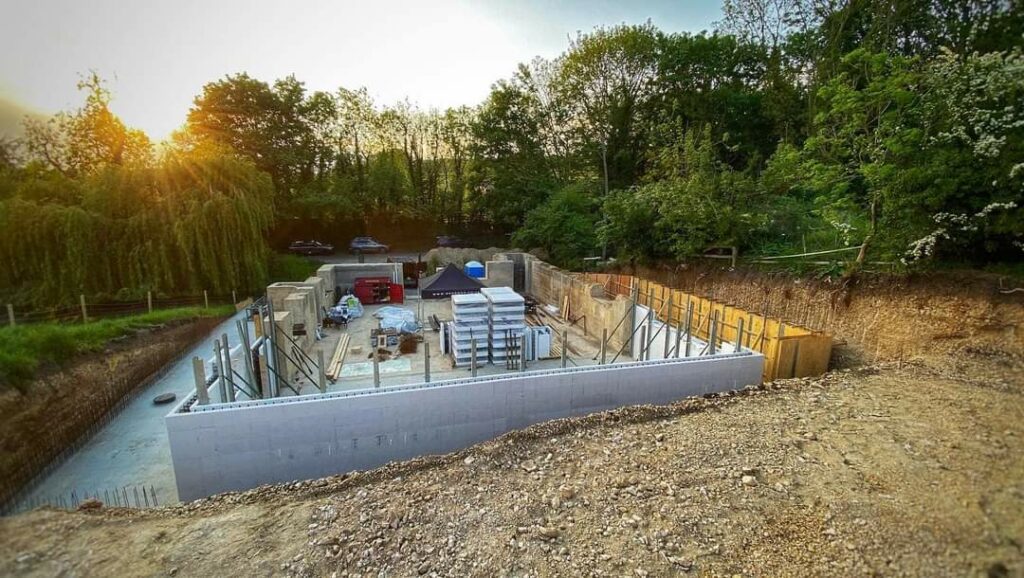
Since heat is transmitted through insulation materials by conduction, “low thermal conductivity” is the primary requirement for thermal insulation materials (at 373 K, mineral wool has a thermal conductivity of 0.047 W/m.K, glass fibre has a thermal conductivity of 0.038 W/m.K, calcium silicate has a thermal conductivity of 0.057 W/m.K, and magnesia has a thermal conductivity of 0.062 W/m.K).
JACKODUR® is BEWI’s range of extruded polystyrene insulation. It includes the best-in-class thermal properties of the Plus range, compressive strengths from 300 to 700kPa, and a wide range of boards in thicknesses up to 320mm for the ultimate insulation system.
THERMOMUR® provides a two-sided thermally insulated, airtight construction that offers optimum energy efficiency. The ICF system can satisfy the latest changes to Part L of the building regulations right up to Passive House standards. Its unique design allows us to meet ever-demanding thermal insulation and airtightness standards with the minimum of additional components and construction processes. Other benefits of THERMOMUR® include blocks that are very light and clean to work with, meaning that the walls are built quickly and solidly on-site hence the reduction in the cost of construction.
- What insulation is best for floors?
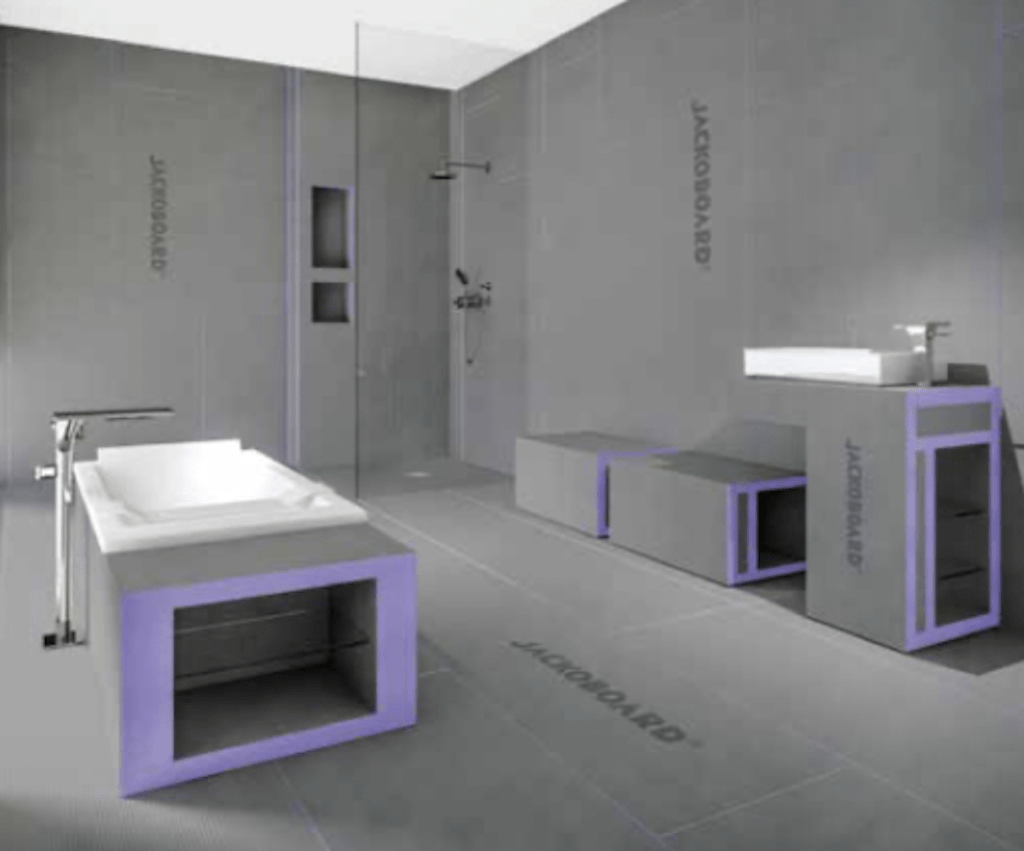
Normal requirements for floor installation call for 150mm of mineral wool or 70mm of high-performance foam insulation, but exact requirements will depend on the size, shape and type of floor.
JACKOBOARD® Plano insulation is perfect for floor insulation as it provides up to 80mm of thickness with excellent thermal insulation of λD = 0.035 W/(m·K). It can be covered directly with tiles, plaster or render. Other benefits include its strength as it has cement reinforcements on either side of the board, as well as being waterproof, lightweight and not needing primer.
JACKOBOARD® Plano also comes in a width of 1,200mm, which means fewer joints saving considerable amounts of insulation time.
Load bearing thermal insulation under foundation slabs is beneficial with regard to energy saving and specifically in the prevention of thermal bridges. Made of XPS, JACKODUR® ATLAS is specifically designed for dual use as formwork and thermal insulation in floor slab applications. JACKODUR® ATLAS slab insulation provides indoor climate comfort without thermal bridges while effectively reducing installation energy costs.
- Can insulation be recycled?
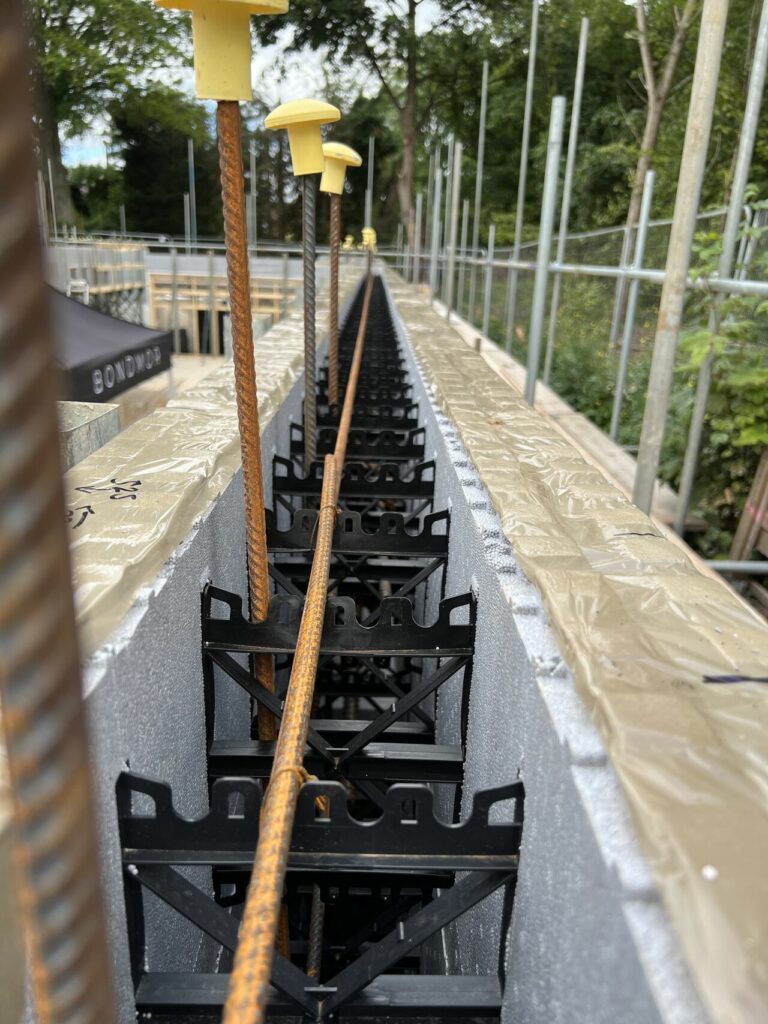
Typical construction sites produce insulation waste. What you can do with this is:
- Direct reuse of off-cuts
- Returning materials through take-back schemes offered by manufacturers
- Compressed stone wool ceiling tile manufacture
- Reclamation and reprocessing after removing impurities such as screws and nails
BEWI’s insulation products are made of extruded (XPS) or expanded (EPS) polystyrene (JACKOFOAM® & JACKOPOR® ). These are processed oil products that are made of 98% air and they are 100% recyclable.
- Can insulation boards get wet?
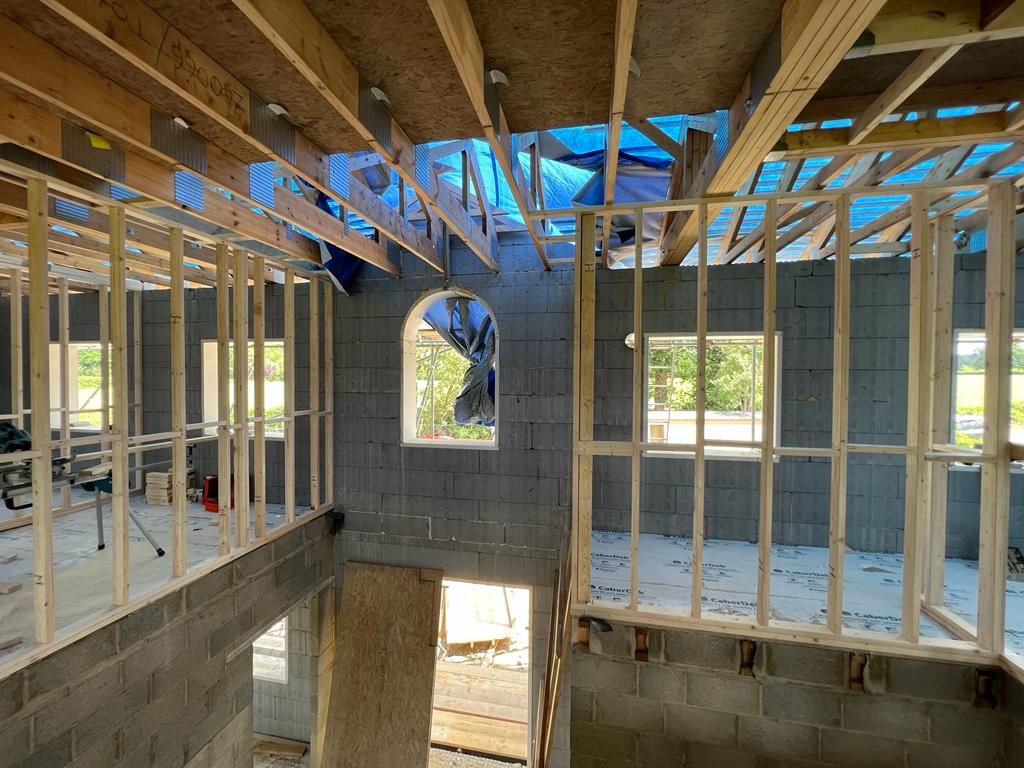
Yes, insulation boards can get wet. EPS & XPS absorb minimal water, but they cannot rot. BEWI’s polystyrene material maintains its properties well over time and does so without releasing any substances into soil or water.
Furthermore, JACKOBOARD® has its own range of completely waterproof products that are perfectly designed for use as insulation under bathroom tile and shower/wet room floors such as J-Drains and JACKOBOARD® plano.
- What kind of insulation do you use for a flat roof?
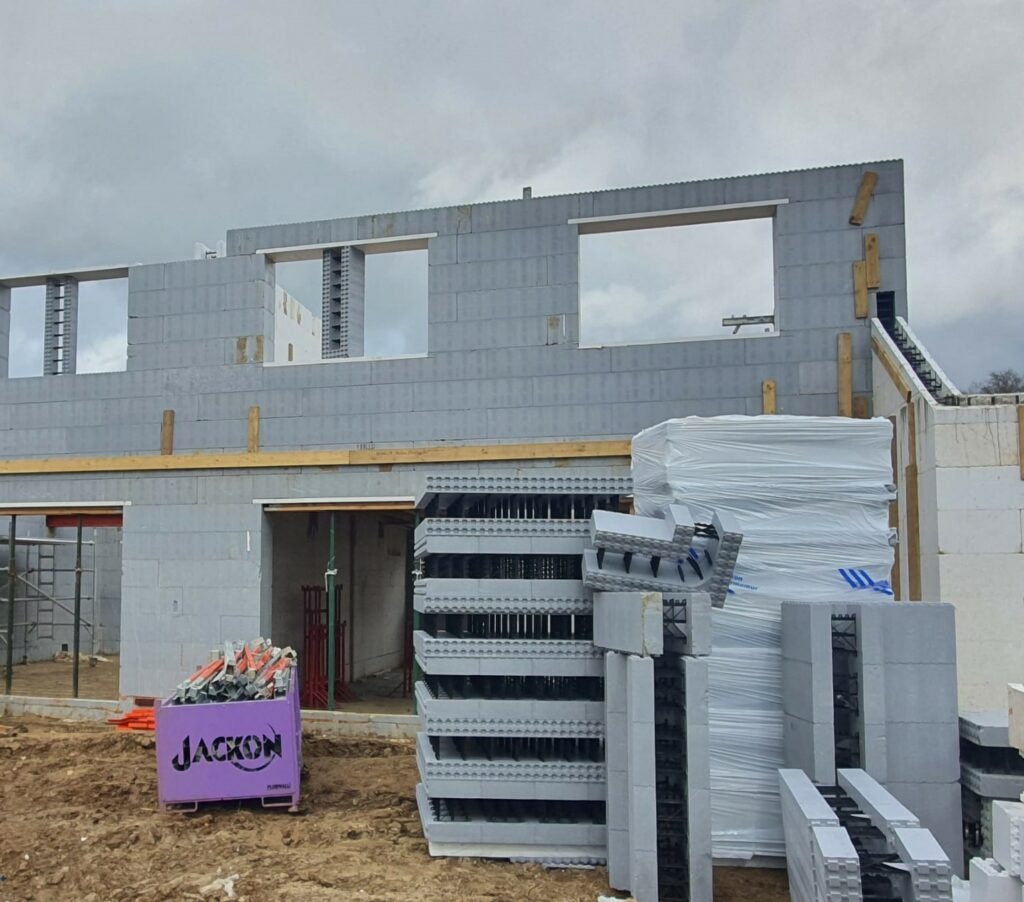
In order to make a room feel warmer in the winter and cooler in the summer, flat roof insulation is used. Although foam works particularly well and is frequently used in contemporary construction, other good insulation materials include wood fibre, cellular glass, and polystyrene (EPS or XPS).
BEWI offers XPS thermal insulation called JACKODUR®. This is a top quality thermal insulation material made of extruded polystyrene foam, which is highly compression proof, dimensionally stable, as well as moisture/rot resistant. JACKODUR® is available in a wide variety of thicknesses and edge profiles with the option of a smooth or textured surface.
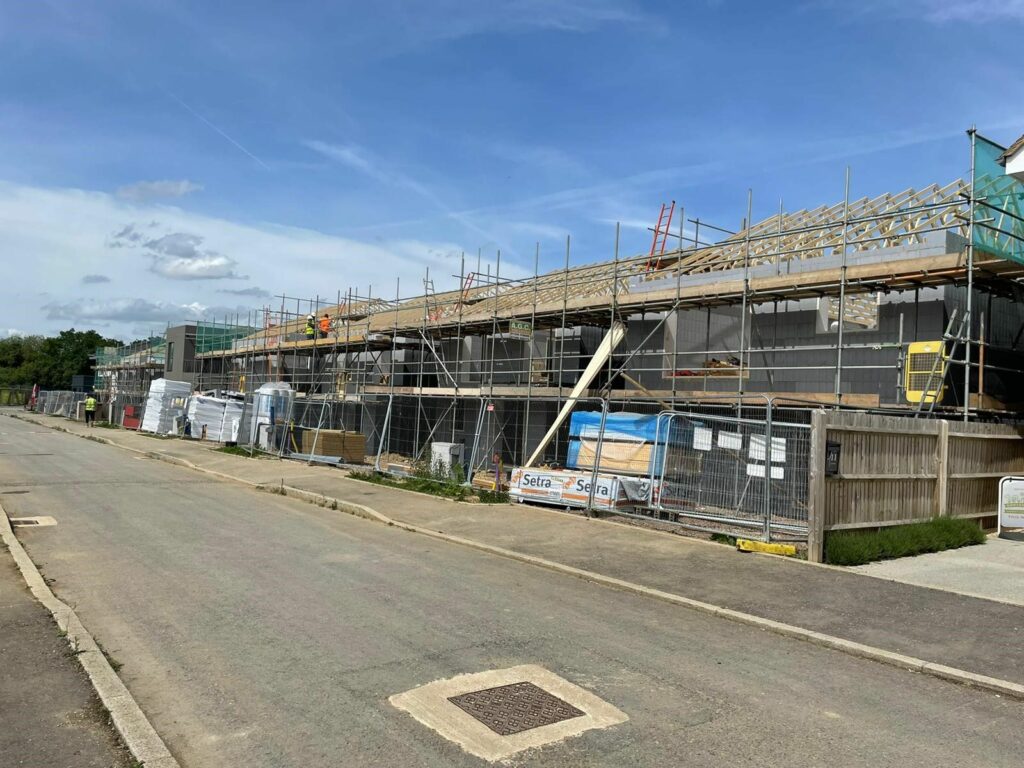
We hope this blog has helped clarify any queries you may have about insulation. For more information, contact our team of specialists.

